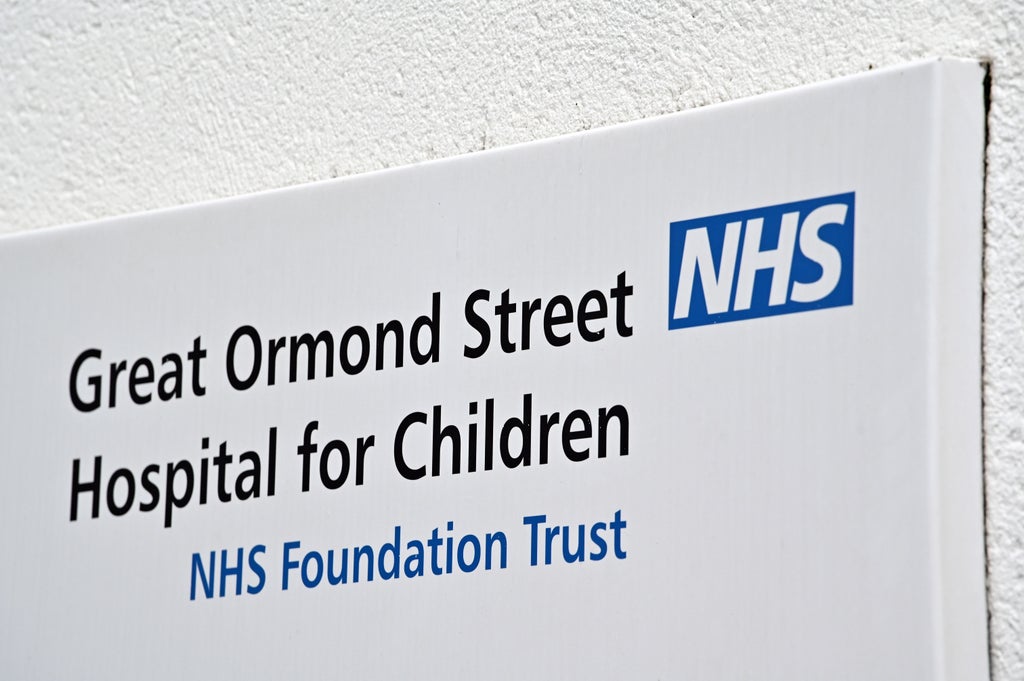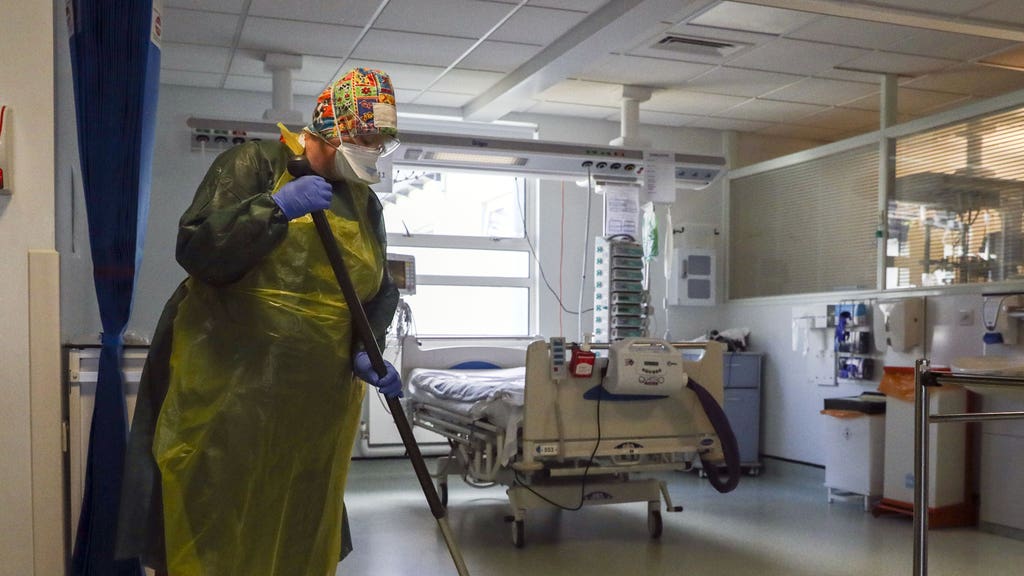
Dozens of ethnic minority cleaners are taking legal action against a world-leading children’s hospital having accused the organisation of denying them NHS contracts that would offer a higher wage as well as benefits such as overtime, sick pay, holiday pay and access to the NHS pension scheme.
Some 83 workers at Great Ormond Street Children’s Hospital (GOSH) in central London say the trust has refused to employ them under the same terms and conditions as other staff which the trust denies.
The staff members, most of whom are black, had originally worked for third-party contractor OCS Group UK, but their employment was transferred to GOSH last August.
One of the cleaners, Memuna Kabia, said: “GOSH has been denying us what they owe for a long time and finding excuses not to treat us fairly. They are meant to look after us, but they have denied us our right to NHS pay and other benefits. So we need to take them to court to get justice. And justice we will get.”
The terms and conditions of all NHS employees are governed by the Agenda for Change (AfC) collective agreement, which came into force on 1 December 2004 following a number of large-scale equal pay challenges. As well as setting salary bands, the AfC also provides for other terms of employment, such as overtime, annual leave and benefits. The cleaners argue they should have been employed under similar terms to the AfC agreement, which meant they would be paid £11.50 per hour instead of £10.75.
Lawyers say the difference in conditions amounts to indirect racial discrimination. In law, it makes no difference whether employers intend a policy to disadvantage these groups or not.
GOSH deny these allegations, claiming that the cleaners receive benefits and are paid £11.84 per hour, not £10.75 which is aligned to NHS pay conditions - but the legal claim has still been brought.
The employees are asking for a declaration from the Employment Tribunal that they are entitled to receive the AfC pay and benefits and compensation relating to their shortfall in pay, plus injury to feelings.
Petros Elia, of the grassroots United Voices of the World union, which is supporting the claimants, described the GOSH trust’s treatment of the employees as “immoral”.
“Our members have already shown their collective strength and courage by fighting and beating outsourcing; but they’ve been denied NHS contracts for too long, and are still being denied them, despite being NHS employees,” he said.

“If we are successful this legal case will be a permanent stain on the already tarnished reputation of GOSH.
“And it should also send a strong message to other NHS trusts out there, that if you outsource your facilities workers and don’t give them NHS contracts, then we’ll be coming for you in the courts and on the picket line.”
Aman Thakar, solicitor at law firm Leigh Day, which is bringing the case, said: “Our clients do an extremely important job and all that they are asking for is equality with their colleagues at Great Ormond Street Children’s Hospital.
“They feel that they are clearly being treated less favourably that those who are directly employed by GOSH NHS Trust under the Agenda for Change agreement.
“They see no reason why they haven’t also been offered the same terms and conditions as their counterparts within GOSH and across the NHS. It is time for GOSH NHS Trust to right this wrong as soon as possible.”
A GOSH spokesperson said: “Our cleaning and domestic services colleagues are valued members of our team and we welcomed them directly into NHS employment in August 2021. Since then, we have been working to bring the multiple sets of terms and conditions of this team in line with NHS frameworks. All staff, irrespective of role, are on NHS contracts.
“On transfer we aligned sick pay, maternity and paternity pay, holiday pay and provided access to the NHS pension scheme. All staff also received a 3 per cent pay rise, with the lowest paid staff receiving an extra 4 per cent, to ensure alignment with their NHS counterparts. In line with other NHS staff, all staff are on standardised pay rates based on role.
“This has been a complex process because staff had so many different contractual agreements which were protected by law on transfer. These have to be unpicked carefully to ensure no-one is accidently disadvantaged. We are committed to full-scale harmonisation of terms and conditions across all areas and continue to work towards this in partnership with the domestic services.
“We have recently become aware of a claim and will be responding to this.”







